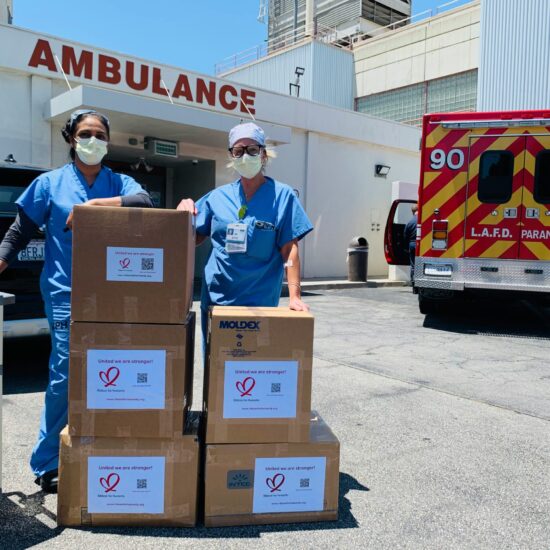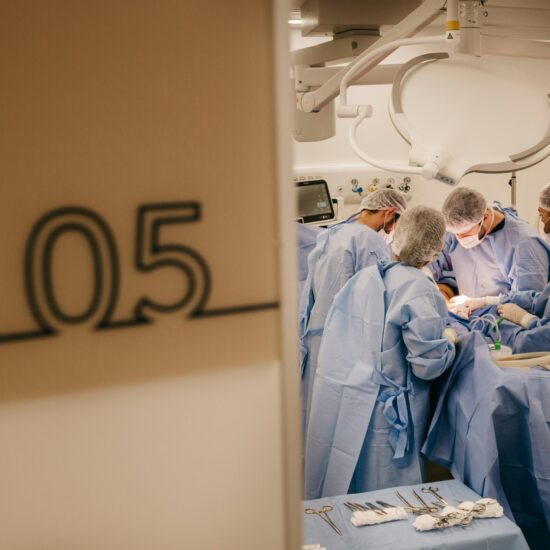 No scientific evidence supporting physical harm exists stating emergency contraception (EC), also referred to as Plan B, should not be available to women under the age of 17. If you are a female and think your birth control failed, unlike women over the age of 17, you must find a health care provider and get a prescription to buy EC. Not an easy task for most young women who know that you must take Plan B within 72 hours of sexual intercourse in order for it to be effective; actually, the sooner, the better.
No scientific evidence supporting physical harm exists stating emergency contraception (EC), also referred to as Plan B, should not be available to women under the age of 17. If you are a female and think your birth control failed, unlike women over the age of 17, you must find a health care provider and get a prescription to buy EC. Not an easy task for most young women who know that you must take Plan B within 72 hours of sexual intercourse in order for it to be effective; actually, the sooner, the better.
Barriers exist for women over the age of 17 too. Many FDA regulations for EC were made in the name of politics – not because science dictated these actions. The Center for Reproductive Rights (CRR) is doing something about this – it’s bringing the FDA to court.
One complaint in this suit by CRR also addresses access – emergency contraception, a non-prescription item, is not displayed on a shelf but stored behind a pharmacy counter and must be asked for by the purchaser. Remember when condoms were stored out of sight so you had to ask out loud for them? Another unheard of requirement when making a drug purchase: the person buying EC must present a government issued ID. Another few minutes at the counter showing a photo ID in a crowded pharmacy may increase anxiety in someone already worried his or her birth control method had failed. These two obstacles were already raised and litigated against the FDA, and resulted in a judge demanding the FDA reconsider these regulations. So far, nothing has changed.
CRR discusses how these practices set a precedent:
“No drug besides Plan B is subject to a two-tiered prescription/over-the-counter structure based on age. And no other over-the-counter drug requires production of identification for purchase. The testimony of FDA employees and officials makes clear that the FDA’s decisions regarding emergency contraception were made on the basis of politics, rather than on considerations of the drug’s safety and efficacy. This influence appears to have come from as far up as the White House.”
To make matters worse, some Walgreens pharmacies in Texas and Mississippi are refusing to sell Plan B to men. Earlier in the year the ACLU was made aware of this problem, which resulted in Walgreens administering a bulletin clarifying the law about emergency contraception to all of its pharmacists. Reports that men who arrive without a female over the age of 17 (or under 17 years of age with a prescription and valid ID) continue to be turned away. According to FDA policy, men and women over age 17 may purchase EC without proof of whom the pill will be for. However, this policy has not been enforced.
The bottom line really is: Will the FDA, an organization founded on scientific principles and clinical data, uphold its commitment to, as they say, “helping the public get the accurate, science-based information they need to use medicines”? Or, will they support political decisions as opposed to clinical evidence to create policies?
There is further information about this on the CRR’s website here.
Jen Busse, RN, MPH is an intern at CHMP and is currently pursuing her MSN as a Family Nurse Practitioner at Columbia University School of Nursing.







